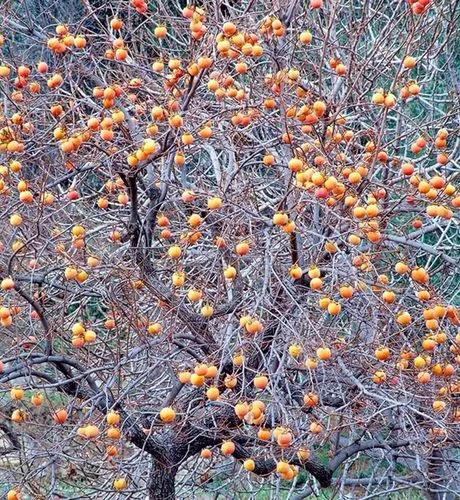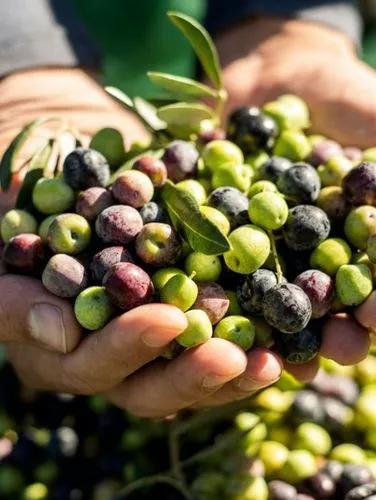Common names include Brazilian guava, Castilian guava.
Brazilian Guava Care
Psidium Guineense



This plant is native to the Americas, where its natural range extends from Mexico to Argentina, and includes parts of the Caribbean. It has been widely introduced outside of this range, and it is cultivated in some places. It is naturalized in parts of India.
The plant grows best on sunny sites with moist, fertile soils, but it is tolerant of a wide range of conditions and can grow in disturbed areas and in bad soils. It does not tolerate salinity or flooded substrates. In Brazil it is most common in coastal areas.
This plant can be a shrub 1 to 3 meters tall or a tree reaching 7 meters. The bark and foliage are grayish. The leaves are up to 14 centimeters long by 8 wide. The stiff, oval-shaped blades sometimes have toothed edges. The undersides are very glandular and are coated in pale or reddish hairs. Flowers grow in the leaf axils, singly or in clusters of up to 3. The flower has a white corolla and many stamens. It is fragrant. The fruit is firm, rounded, and up to 2.5 centimeters wide. It has a yellow skin, a yellow outer pulp and whitish inner pulp containing many seeds.
How to Care for the Plant

Popularity

47 people already have this plant 7 people have added this plant to their wishlists
Discover more plants with the list below
Popular articles






